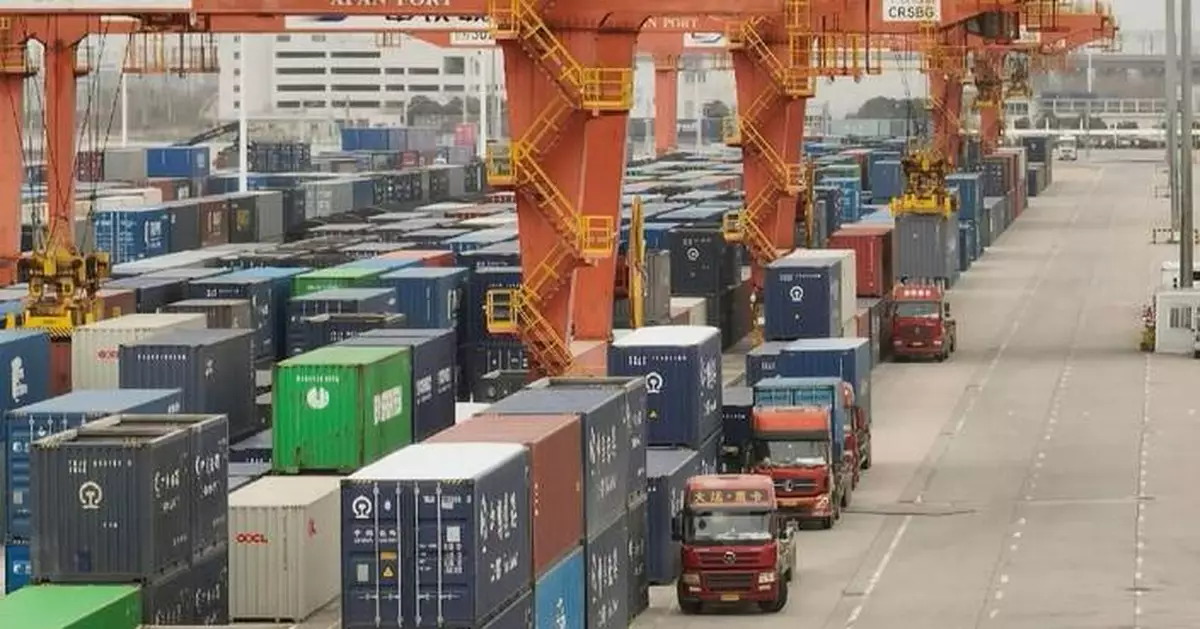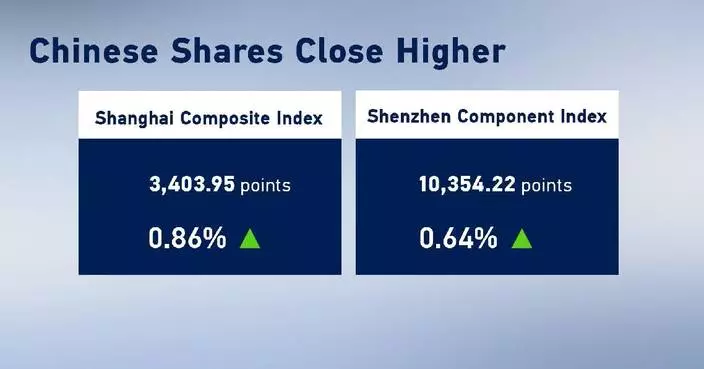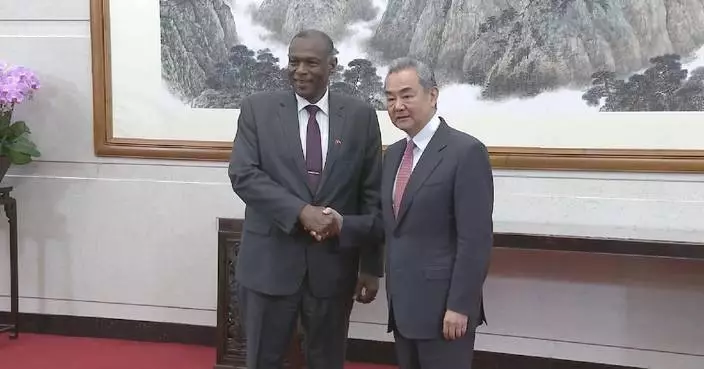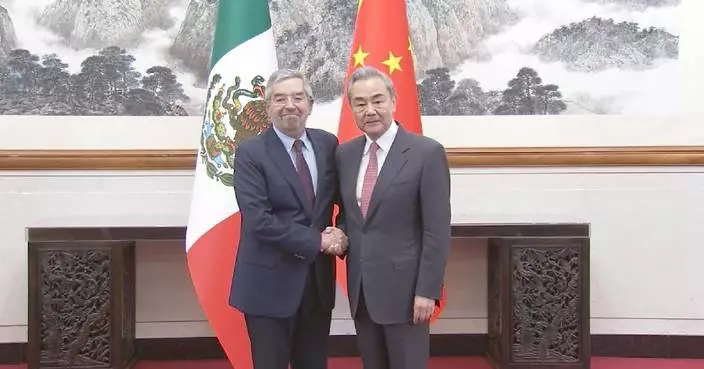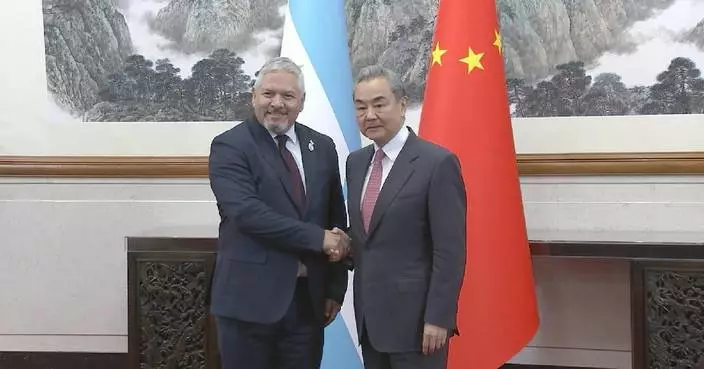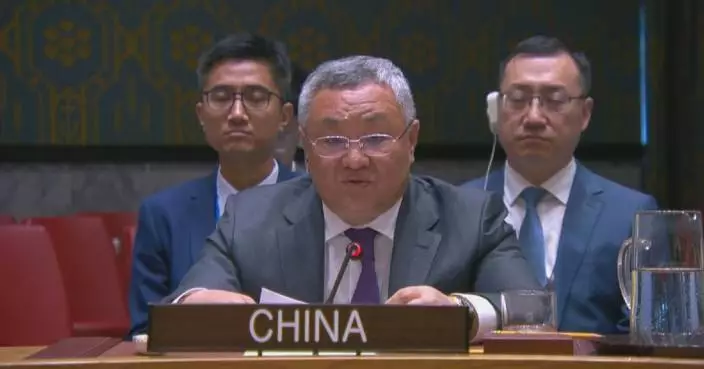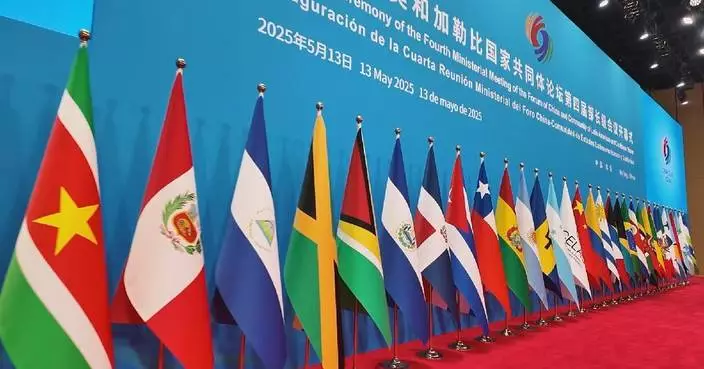China's logistics business volume continued to rise in December of 2024, with the prosperity index reaching a new high for 2024, indicating a significant increase in logistics activity, according to the China Federation of Logistics and Purchasing on Friday.
In December 2024, the prosperity index of China's logistics industry stood at 53.1 percent, up by 0.3 percentage points from the previous month.
Supported by favorable policies and inherent market dynamics, the total logistics business volume index has risen for five consecutive months.
Business volume indexes have shown balanced growth across the nation, with the eastern region experiencing the most significant climb.
From an industry perspective, there was a notable upturn in logistics demand during the month in sectors such as electrical machinery, semiconductors, communication equipment, transportation equipment, and new energy vehicle manufacturing.
In addition, the potential for residential consumption continues to be released, with stable demand for online shopping.
The total business volume indexes for road transport, water transport, and multimodal transport all showed varying degrees of increase month on month.
Meanwhile, the total business volume indexes for railway transport, air transport, and postal express industries remained above 55 percent, indicating a high level of prosperity.
"Throughout the year of 2024, the prosperity index of China's logistics industry demonstrated a pattern of stability followed by growth, maintaining a steady upward trend in overall logistics operations. The continuous enhancement of logistics service capabilities, characterized by high quality, high efficiency, and high adaptability, plays a crucial foundational role in promoting both domestic and international economic circulation, accelerating the flow of goods, and ensuring the stable operation of the national economy," said Liu Yuhang, director of the China Logistics Information Center.
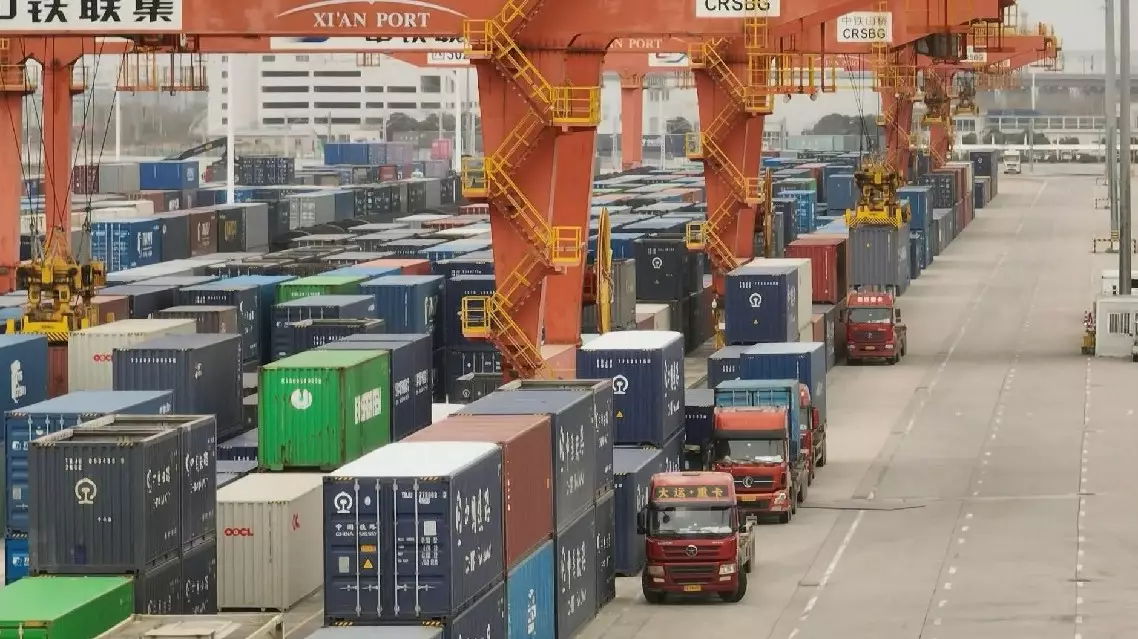
China's logistics sector in Dec reaches new high for 2024


